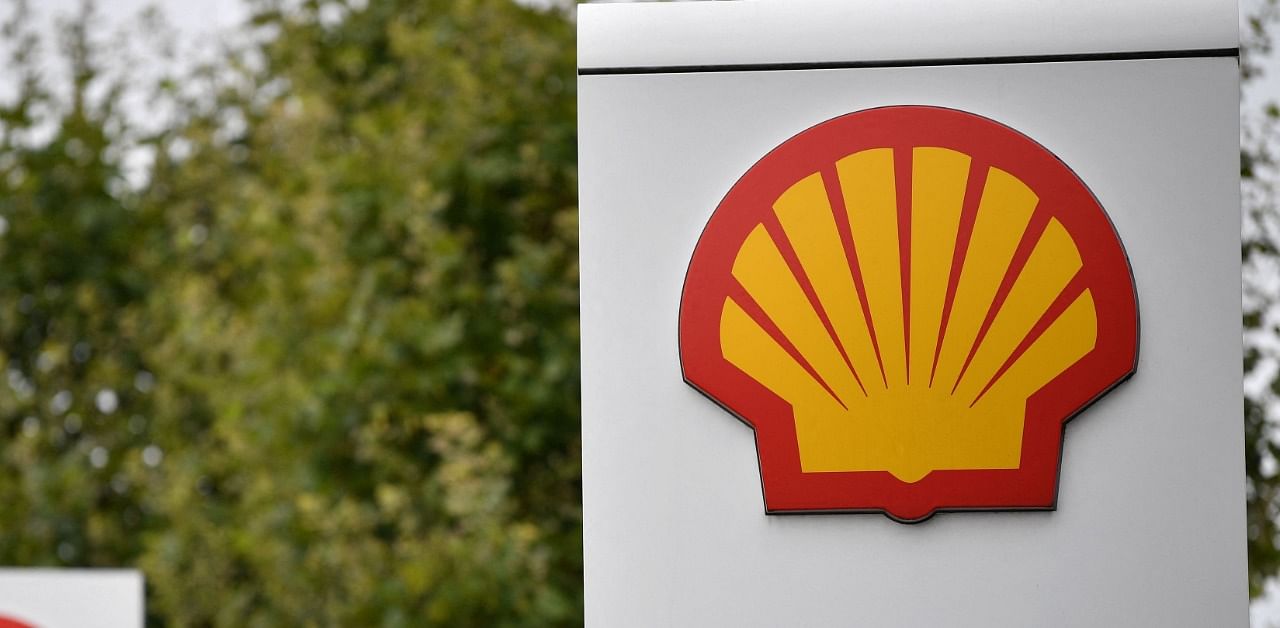
Royal Dutch Shell is scouring Australia for opportunities to develop its hydrogen business, so far focused on projects in Europe, in its drive to achieve net zero carbon emissions by 2050.
Shell Australia Chair Tony Nunan said the company sees hydrogen and carbon capture and storage as essential to the company's net zero ambitions, and Australia is well placed to be competitive in both of those technologies.
Australia, like its biggest coal and gas customers China, Japan and South Korea, has mapped out a hydrogen strategy, with plans to become an exporter by 2030, using its vast wind and solar resources to produce "green" hydrogen and natural gas and carbon capture for "blue" hydrogen.
"We see it as a great growth area for us. I want to make sure Australia is front and centre in both of those areas as well," Nunan told reporters at a briefing on Thursday.
The world's leading oil companies like Shell as well as other big emitters in sectors including chemicals and utilities are under pressure to expand investment in clean energy and work towards net zero emissions by 2050, in line with the 2015 Paris Agreement on climate.
Shell has said it aims to use its expertise in producing, shipping and trading liquefied natural gas (LNG) to build a hydrogen business as it looks to meet customer demand for cleaner energy. [nL8N2K33YU}
"Our aim is to make sure that we continue to scan for opportunities here in Australia for hydrogen. But I would say that we can't take it for granted that global investment will make its way to Australia," Nunan said.
The challenge in Australia is that the market is too small to develop enough demand for hydrogen, so transportation to connect Australia with export markets will be crucial.
Shell has developed a shipping process for hydrogen which is now in sea trials, Nunan said. Hydrogen can also be shipped in the form of ammonia.
In LNG, Shell's troubled Prelude floating LNG project, which was down for most of last year and resumed shipments in January, has gradually ramped up, aiming to reach its full capacity of 3.6 million tonnes a year by mid-year.
"It's still an asset that's in its early life, so I'm expecting that we will see the normal disruptions and bumps along the way of an early life asset," Nunan said.
Shell did not say how many cargoes have been shipped so far this year, but said there had been "regular offtake" since January.